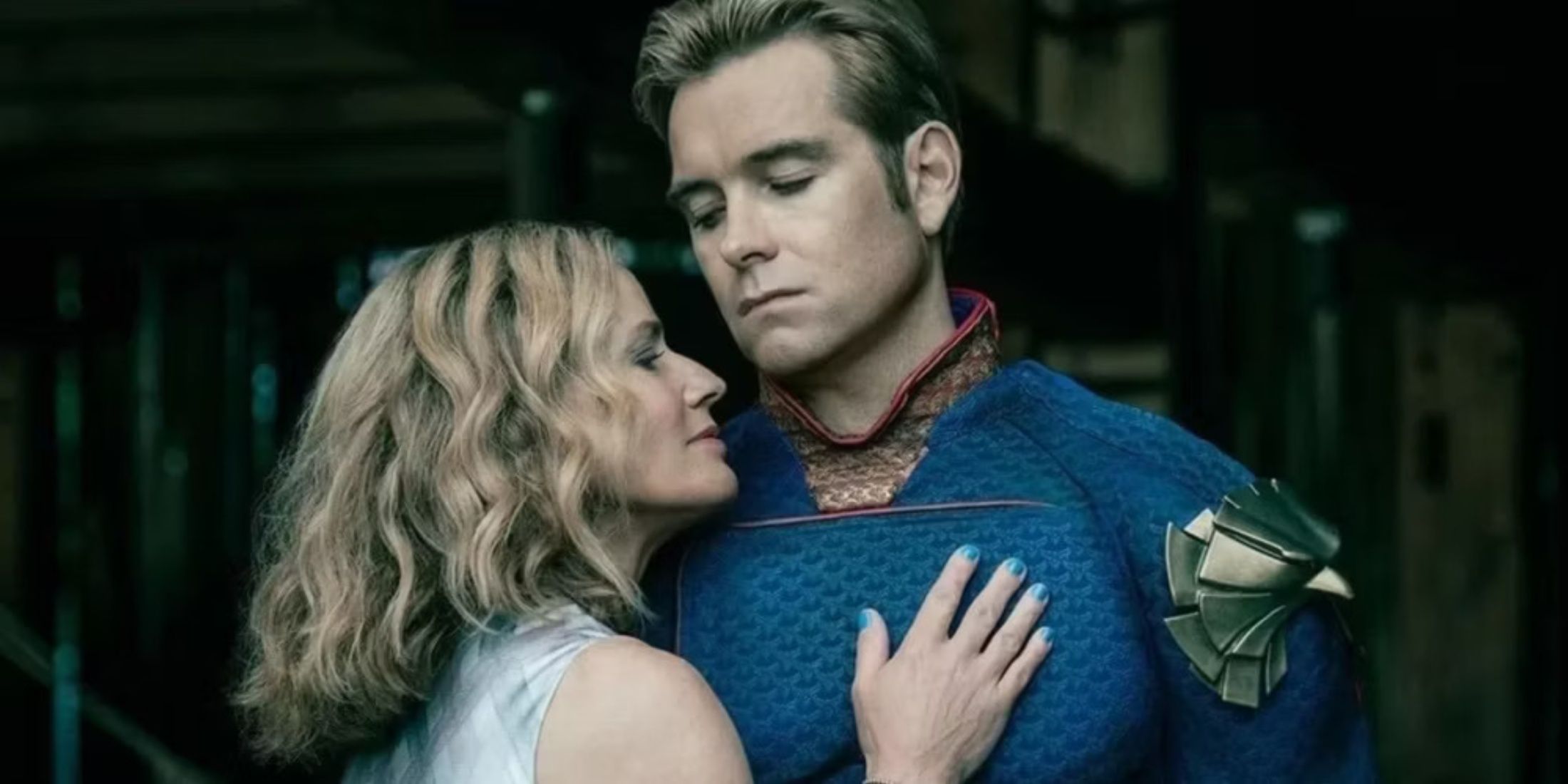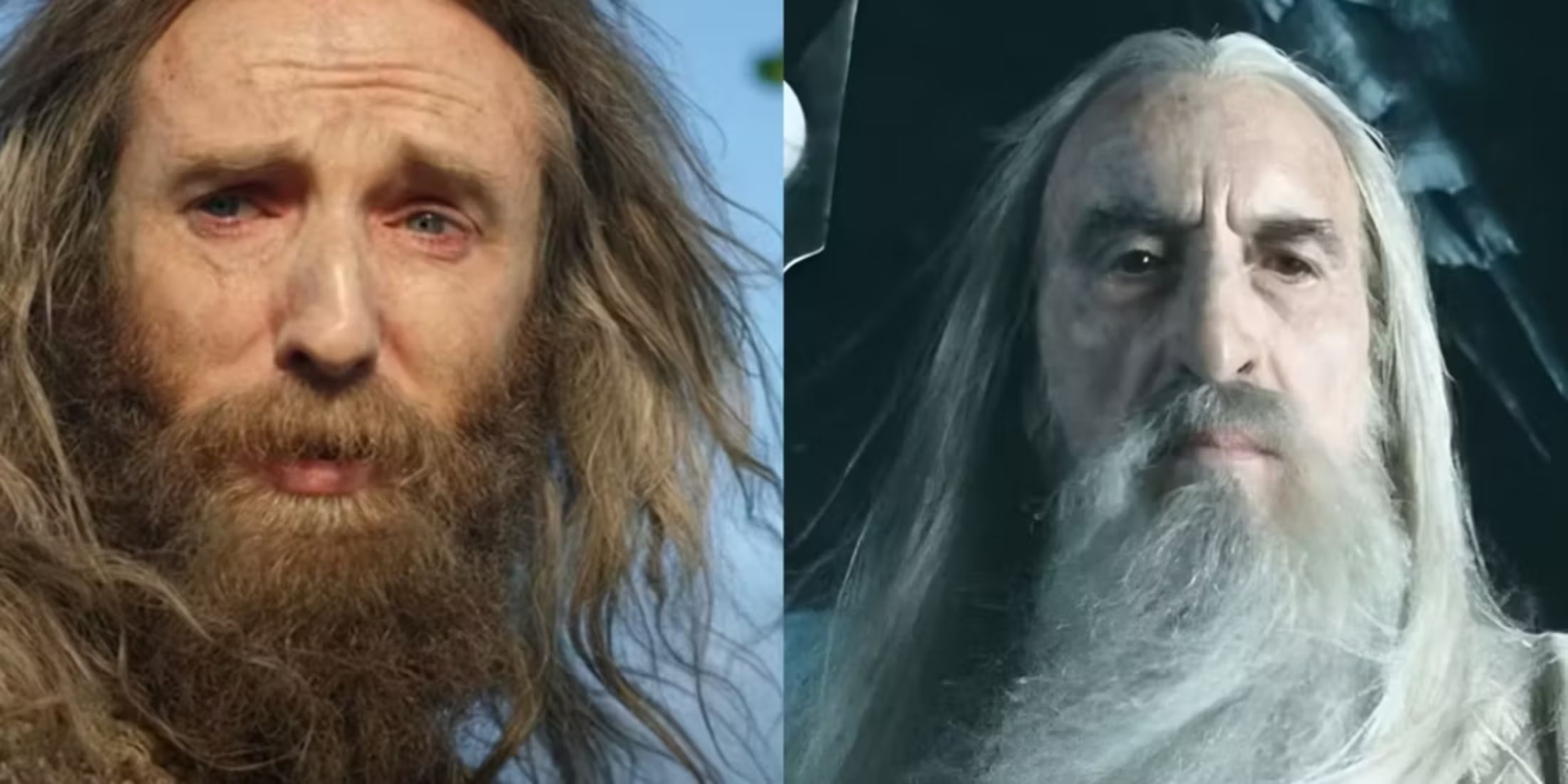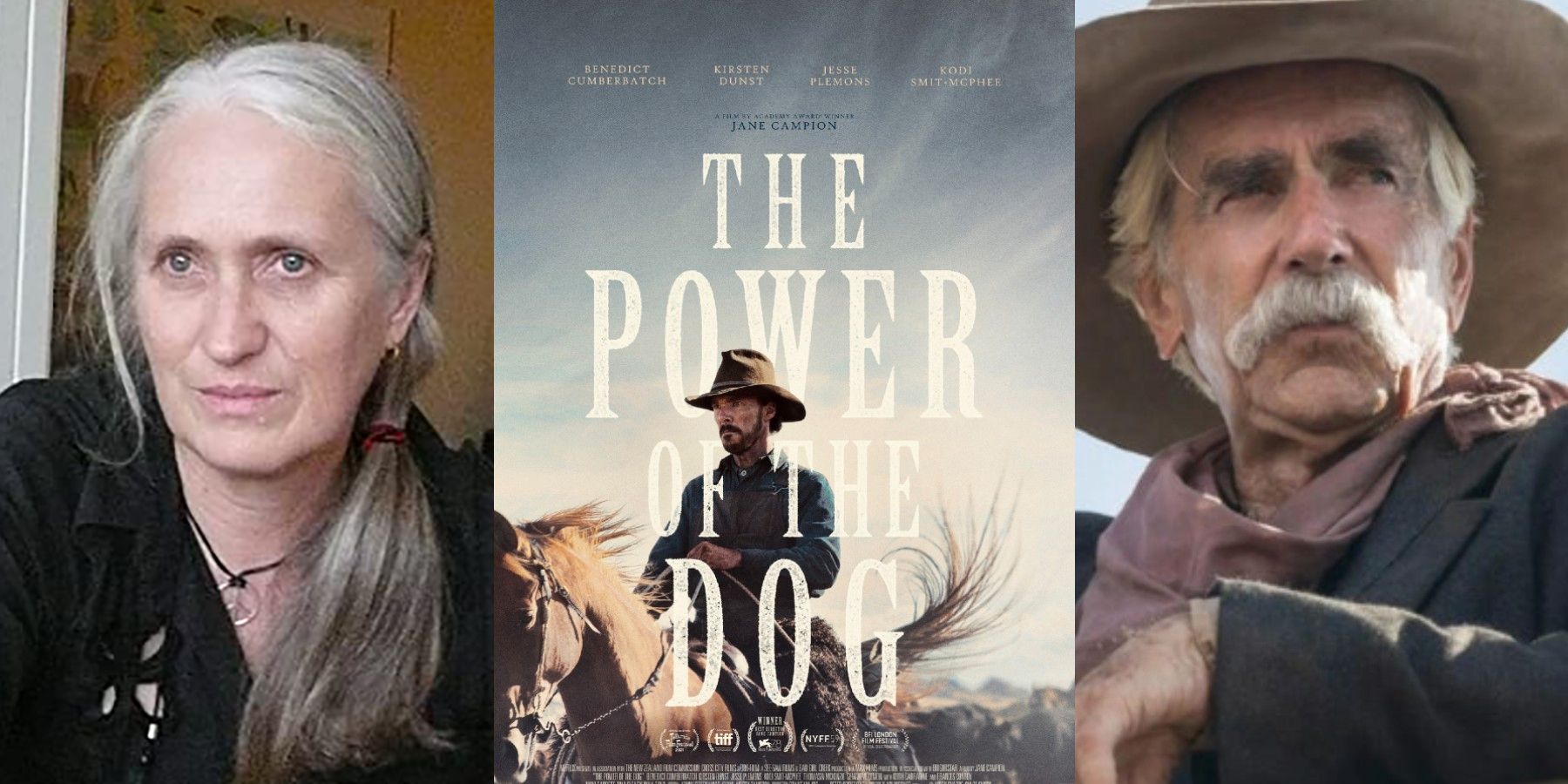Over the weekend, Jane Campion attended the Directors Guild of America Awards, where she was nominated for Outstanding Directing in a Feature Film for The Power of the Dog. As she arrived at the ceremony, Campion delivered her response to Sam Elliott's harsh comments about the Oscar-nominated film.
At the DGA Awards, Campion won the Feature Film award for Netflix's The Power of the Dog. She was previously nominated in this category in 1993 for her film, The Piano. At the upcoming Academy Awards ceremony, The Power of the Dog has earned 12 nominations, which includes Best Director.
As Campion entered the DGA ceremony, she was asked by Variety about comments Elliott made about The Power of the Dog as a guest on Marc Maron's WTF Podcast. Campion challenged Elliott's stance on the film and said, "I'm sorry to have to say this, but he's not a cowboy; he's an actor." She went on to say that "there's a lot of room on the range" for projects set in the West and how the Western atmosphere can be presented. Campion also responded to comments Elliott made that began to stretch outside the context of the film, calling some of his remarks "a little bit sexist."
On WTF, Elliott criticized the Western label The Power of the Dog had been given. Elliott argued that the actors in the film were not dressed properly and that rather than cowboys, they resembled Chippendale dancers. Elliott has become particularly criticized for his complaints on the "allusions of homosexuality" within the film. Elliott also criticized Campion, arguing that as a woman from New Zealand, he was unsure of what she knew about the West. Elliott also contested that despite being set in a rural area in America, The Power of the Dog was shot in New Zealand.
The Power of the Dog's leading man, Benedict Cumberbatch previously responded to Elliott's comments himself. In the film, Cumberbatch plays Phil Burbank, a homosexual man who acts rudely toward others because of his own personal struggles about his identity. Cumberbatch argued that The Power of the Dog and his character do not attempt to be history lessons.
One of the largest pieces of The Power of the Dog's narrative is Phil's homosexuality and how he presents himself to others because of that. Elliott's comments suggest that while he grasped the intended tones, the moral within them was left behind. Campion and Cumberbatch had different ways of responding to Elliott's criticisms, but they both manage to discredit his comments.
The Power of the Dog is now streaming on Netflix.
Source: Variety | WTF with Marc Maron




